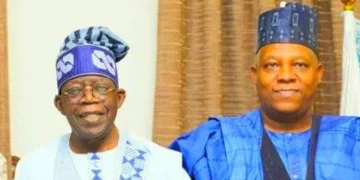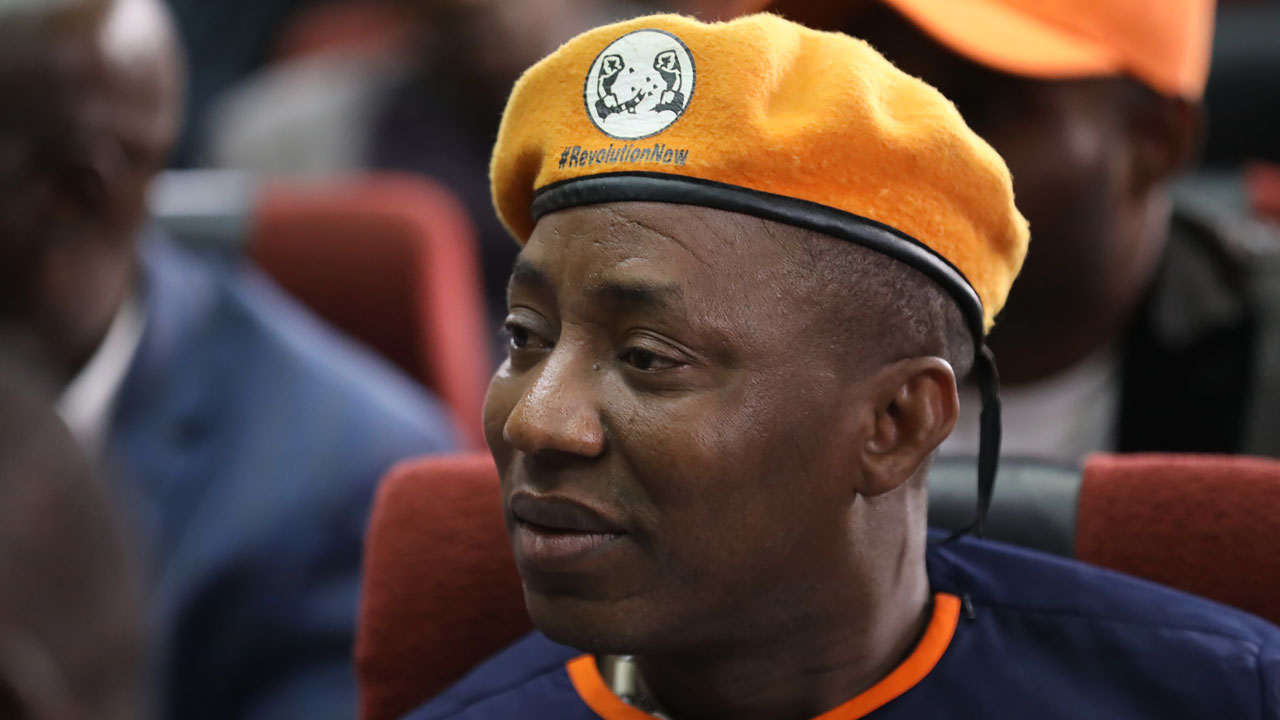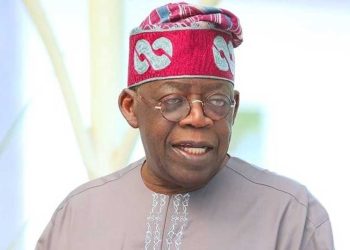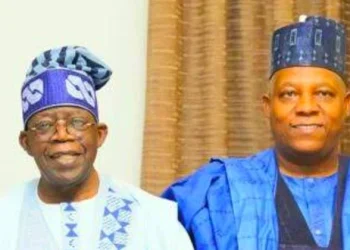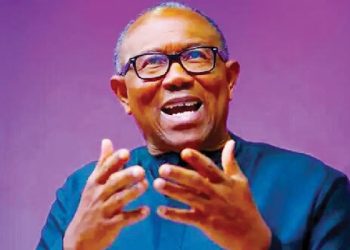Residents of Ogun State, particularly those from the Remo extraction, have begun voicing sharp disapproval of Governor Dapo Abiodun‘s administration, citing what they describe as mediocre governance and unfulfilled promises over his five-year tenure.
The criticism vented on a social media platform known as Remo Parliament centres on what residents see as a fundamental disconnect between the governor’s public pronouncements and actual delivery on the ground. According to local observers, the Abiodun administration has become synonymous with endless planning sessions and ceremonial activities that rarely translate into tangible benefits for the people.
“From Abeokuta to Ijebuland, the tale is the same: nothing gets completed,” noted one critic, highlighting a pattern that has become all too familiar to Ogun residents. The administration’s approach has been characterised as one of perpetual preparation – signing memoranda of understanding, announcing partnerships, and staging photo opportunities – while concrete results remain elusive.
Perhaps nowhere is the frustration more palpable than in the ongoing infrastructure challenges facing the region. The deplorable state of the Sagamu-Ijebu Ode and Ijebu Ode-Ibadan roads has become a symbol of the administration’s inability to address critical needs. Despite being federal roads, critics argue that a proactive state government could have intervened using established refund mechanisms – a strategy successfully employed by other governors.
The poor quality of completed projects has also drawn fierce criticism. One Remo indigene expressed bewilderment at the administration’s track record: “How do you explain a governor constructing roads that now need to be redone, not one, not two, but several? This is really troubling.”
A recurring theme in the criticism is the perception that Governor Abiodun has misplaced priorities. Sources close to the matter suggest that rather than focusing on governance, the governor has developed an unhealthy obsession with federal attention and Lagos social circles.
This perceived lack of focus has earned him the satirical moniker “Governor Oyibiriri” among political watchers, particularly those from Remo extraction living abroad. The nickname reflects growing frustration with what many see as a leader more interested in appearances than substance.
The exclusion of competent youth from governance has emerged as another major grievance. One concerned Remo indigene questioned the administration’s priorities: “In this day and age, how can someone like Adewale be left out of government? What kind of governor sidelines competence and chooses to empower underachievers?”
This sentiment reflects broader concerns about the administration’s failure to tap into the region’s intellectual capital. Despite the presence of strategic assets like the MainOne Data Centre in Sagamu, critics argue that the administration has failed to leverage these resources to transform Remoland into a regional tech hub.
Another source of discontent is the perceived marginalisation of local indigenes in economic opportunities. One observer noted the troubling trend in contract distribution: “The last time I was in Ogun state contract registry, na Lagosians dey take most juicy contracts. Won ti so gbogbo omo Ogun di poster sharer tan and yellow vest crusader.”
This observation highlights concerns that while local indigenes are relegated to campaign activities and ceremonial roles, substantial economic opportunities are flowing to outsiders.
As the 2027 elections approach, the sentiment among Remo indigenes appears to be shifting toward seeking alternative leadership. One political activist expressed this growing desire for change: “That’s why I’m sincerely asking for your support for my candidate. He will open doors of opportunity for all Remo youths.”
The criticism suggests that what was once seen as a promising administration led by a private sector success story has transformed into what many consider a cautionary tale of how style without substance can undermine effective governance.
The growing discontent among Remo indigenes reflects broader concerns about the direction of Ogun State under the current administration. The criticism goes beyond mere policy disagreements to fundamental questions about leadership style, priorities, and the ability to translate political rhetoric into meaningful development.
As one critic succinctly put it: “The fact that some people still feature this man’s posters says a lot about what they represent.” This observation suggests that continued support for the administration is increasingly being viewed as either misguided loyalty or complicity in what many see as underperformance.
The emerging narrative from Remoland appears to be one of opportunity squandered and potential unrealised, with residents increasingly looking toward 2027 as a chance for a fresh start and more competent leadership that can harness the region’s considerable human and material resources for genuine development.

Folami David is a dynamic journalist who views the world through an analytical lens, translating complex narratives across multiple industries into compelling stories. With an insatiable appetite for information and a keen eye for emerging trends, Folami specializes in uncovering the interconnections between technology, business, culture, and society.







